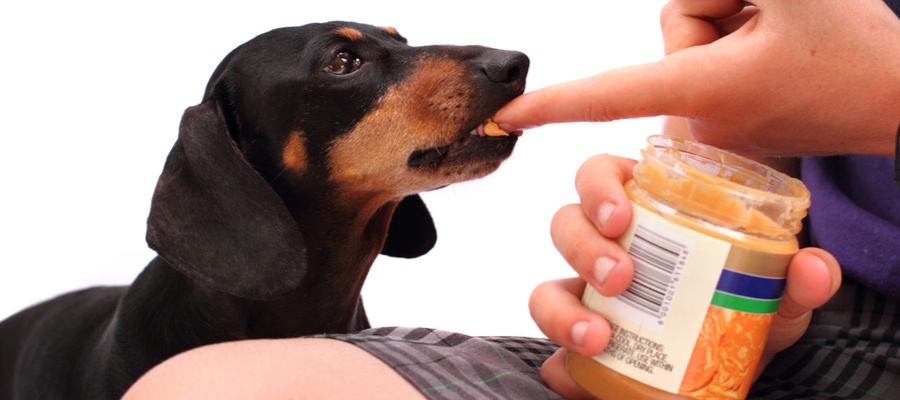It happens all too often and leaves dog owners devastated: everyday household items can, and do, cause death for beloved pets. This tragic scenario almost came true for a couple in Iowa last month when their one-year-old Boxer-Terrier mix Millie got into a bottle of melatonin.
Within minutes, Millie was dizzy and acting disoriented, and quickly fell into a terrifying seizure. Her owners called poison control and soon found that the culprit for Millie’s severe reaction was the common ingredient Xylitol.
Lucky for Millie, her owners rushed her to the vet and were able to save her from potential acute liver failure.
Protect Your Dog From Xylitol Poisoning
Perhaps you’ve never heard of the sweetener Xylitol, but it’s likely in your home right now. This popular sugar alternative is gaining in popularity due to is sweet, low-calorie nature. Common products that often contain Xylitol include:
- Toothpaste
- Mouthwash
- Chewing gum
- Peanut butter
- Sugar-free candy
- Fruit drinks
- Breath mints
- Jellies and jams
- Vitamins
Many dog owners have products that contain Xylitol in their house and even within reach of their dogs, not realizing that this ingredient could cause their dog to suffer and even die.
The best way to prevent Xylitol poisoning is to keep products with this ingredient away from your dog, taking careful precautions like child safety locks and keeping items on high shelve. You should also be aware of the signs and symptoms of Xylitol poisoning and call your veterinarian immediately if you suspect your dog has eaten a product containing Xylitol.
The Symptoms of Xylitol Poisoning
If you suspect your dog is suffering from Xylitol poisoning, watch for these symptoms:
- Sudden changes in behavior
- Weakness
- Difficulty standing and walking
- Lack of coordination (disorientation or dizziness)
- Vomiting
- Tremors
- Seizure
- Coma
All of these symptoms are signs of hypoglycemia, the reaction that happens in dogs when they consume Xylitol. Toxicity develops rapidly, meaning that treatment should begin as soon as possible to save your dog’s life. Your vet will likely treat suspected Xylitol poisoning quickly and aggressively, including inducing vomiting and administering intravenous fluids and liver protectants. Depending on the severity of the poisoning, your dog may be in for a stay at the vet clinic for an extended period for medication and observation.
If your dog is treated quickly, their prognosis is hopeful. Hypoglycemia and the associated issues are usually simple to reverse in otherwise healthy dogs. However, if seizures lead to a coma for your dog, the results could be far worse.
If you’re concerned about your dog’s health or have other questions concerning safe product for your dog, contact us. If you suspect your dog is reacting poorly to something they ate, call us immediately to schedule an emergency exam.
